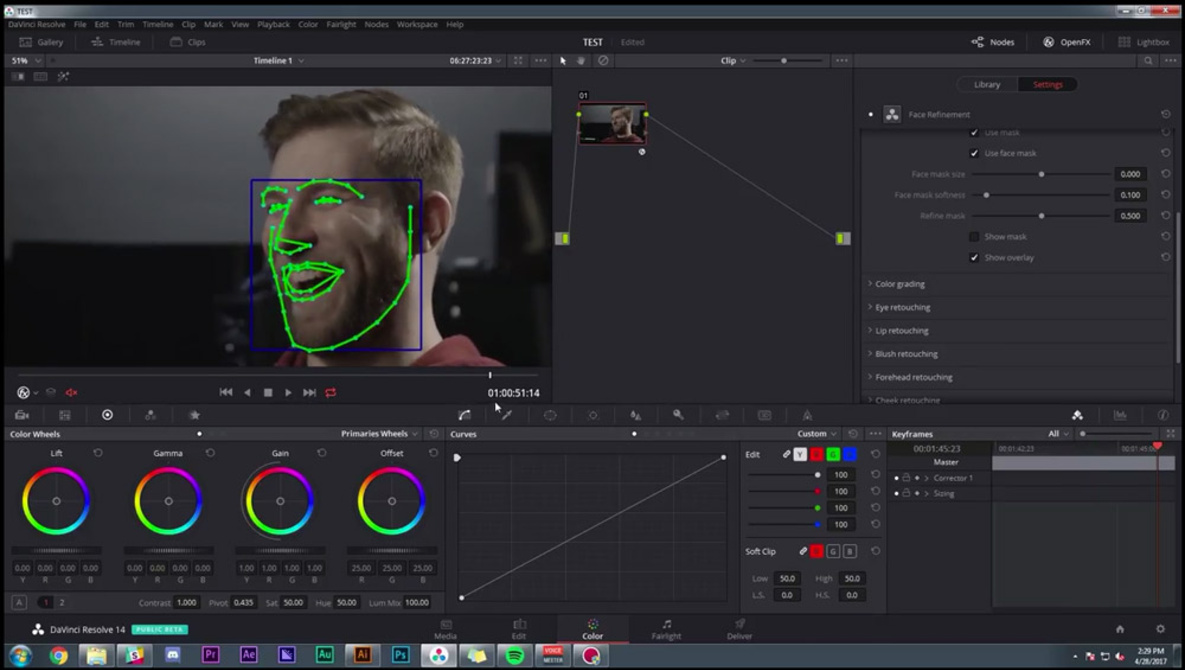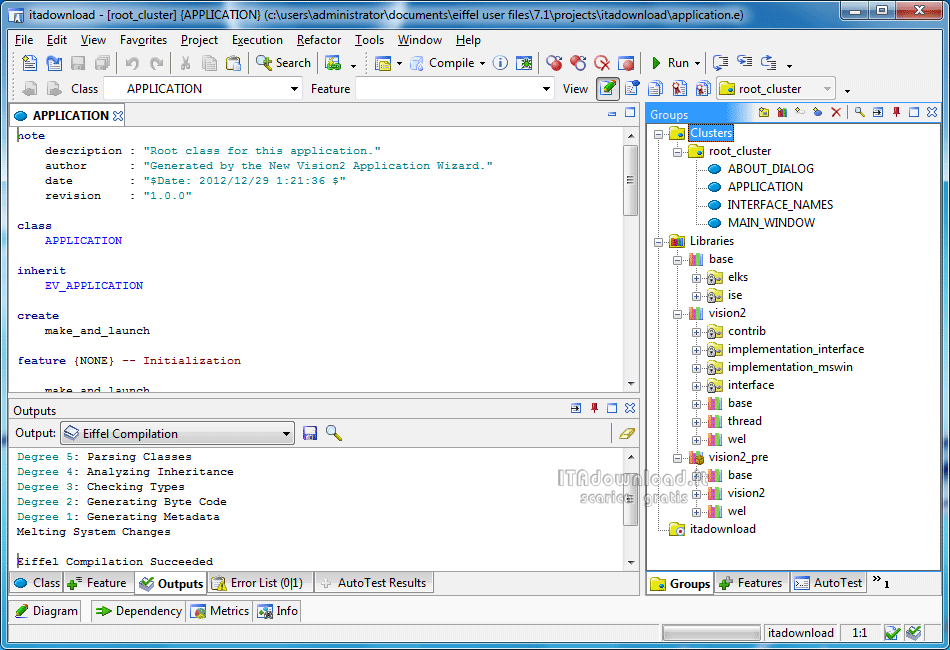

- #Eiffelstudio open source how to#
- #Eiffelstudio open source full version#
- #Eiffelstudio open source verification#
#Eiffelstudio open source full version#
This is the full version of the survey, including some sections and two appendices which, because of length restrictions, do not appear in the submitted version.Ī major determinant of the quality of software systems is the quality of their requirements, which should be both understandable and precise.
#Eiffelstudio open source how to#
The review discusses a number of open questions, including seamlessness, the role of tools and education, and how to make industrial applications benefit more from the contributions of formal approaches. It presents approaches in all of these categories, altogether 22 different ones, including for example SysML, Relax, Eiffel, Event-B, Alloy. It classifies the approaches into five categories: general-purpose, natural-language, graph/automata, other mathematical notations, seamless (programming-language-based). The analysis uses a set of 9 complementary criteria, such as level of abstraction, tool availability, traceability support. The present survey discusses some of the main formal approaches and compares them to informal methods. Many exist, differing in their style, scope and applicability. To make requirements precise, researchers have for years advocated the use of mathematics-based notations and methods, known as “formal”. Most requirements are written in natural language, good for understandability but lacking in precision. Finally, we report on some real-world uses of the tool where it has proved effective at finding bugs (such as in the standard library).Ī major determinant of the quality of software systems is the quality of their requirements, which should be both understandable and precise. The results indicate the automated testing is effective in many cases, and that sampling offers useful performance benefits with only modest reductions in bug-finding capability. We then report on several large experiments investigating the tool's effectiveness at bug finding using a range of benchmarks, including a suite of 1800+ mutants. Here, a key usability concern is the ability to parameterise the input space, and we present novel approaches for references and lambdas. To that end, we provide a technical discussion of the implementation behind an automated testing tool for Whiley. This has motivated the more rigorous empirical examination presented in this paper. For example, when an error is detected with automated testing, a counterexample is always provided.
#Eiffelstudio open source verification#
Whilst originally designed with static verification in mind, we have anecdotally found automated testing for Whiley surprisingly useful and cost-effective. But, how much less effective? To shed light on this question, we consider automated testing of programs written in Whiley - a language with first-class support for specifications. In general, one would assume automated testing is less effective at bug finding than static verification. An interesting (and under-explored) question is how effective this approach is at finding bugs in practice.

Others, such as JMLUnit, use specifications in the form of pre- and post-conditions to drive testing. For example, QuickCheck for Haskell focuses on testing against user-provided properties.

Furthermore, 21 of the Comfort-generated test cases have been added to Test262, the official ECMAScript conformance test suite.Īutomated specification-based testing has a long history with several notable tools having emerged. We had identified 158 unique JS engine bugs, of which 129 have been verified, and 115 have already been fixed by the developers. In 200 hours of automated concurrent testing runs, we discover bugs in all tested JS engines. We apply COMFORT to ten mainstream JS engines. COMFORT then applies differential testing methodologies on the generated test cases to expose standard conformance bugs. As a departure from prior fuzzers, COMFORT utilizes the well-structured ECMAScript specifications to automatically generate test data along with the test programs to expose bugs that could be overlooked by the developers or manually written test cases. COMFORT leverages the recent advance in deep learning-based language models to automatically generate JS test code. We present COMFORT, a new compiler fuzzing framework for detecting JS engine bugs and behaviors that deviate from the ECMAScript standard. However, doing so is challenging as there are many subtle definitions of API behaviors, and the definitions keep evolving. To ensure the interoperability of JS programs across different platforms, the implementation of a JS engine should conform to the ECMAScript standard. JavaScript (JS) is a popular, platform-independent programming language.


 0 kommentar(er)
0 kommentar(er)
